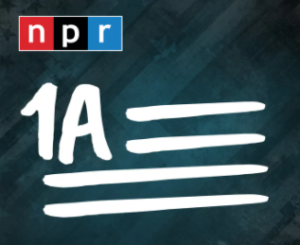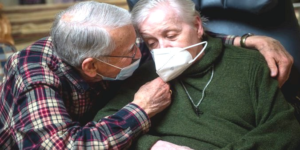By Susan Jaffe, KHN | November 15, 2022 | This story also ran on 
A big cut in prescription drug prices for some Medicare beneficiaries kicks in next year, but finding those savings isn’t easy.
Congress approved in August a $35 cap on what seniors will pay for insulin as part of the Inflation Reduction Act, along with free vaccines and other Medicare improvements. But the change came too late to add to the Medicare plan finder, the online tool that helps beneficiaries sort through dozens of drug and medical plans for the best bargain.
To fix anticipated enrollment mistakes, Medicare officials will give beneficiaries who use insulin a chance to switch plans next year. Typically, people are locked in for an entire year. [Continued on Kaiser Health News and US News & World Report]
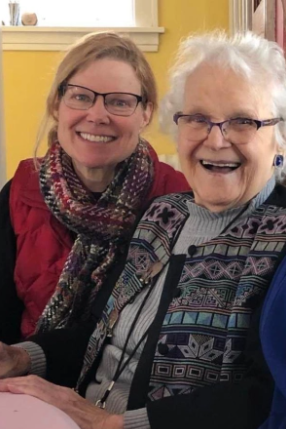

 Volume 400, Issue 10362
Volume 400, Issue 10362

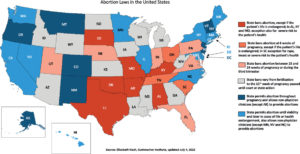

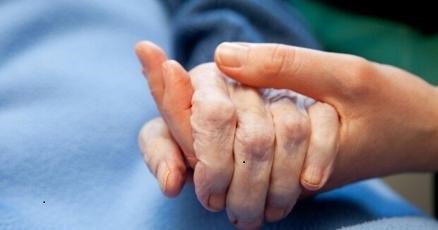



 The Jan. 25 ruling, which came in response to a 2011 class-action lawsuit eventually joined by 14 beneficiaries against the Department of Health and Human Services, will guarantee p
The Jan. 25 ruling, which came in response to a 2011 class-action lawsuit eventually joined by 14 beneficiaries against the Department of Health and Human Services, will guarantee p
 must spend on residents’ direct care and imposed limits on what they can spend elsewhere, including administrative expenses, executive salaries and advertising and even how much they can pocket as profit. …
must spend on residents’ direct care and imposed limits on what they can spend elsewhere, including administrative expenses, executive salaries and advertising and even how much they can pocket as profit. …